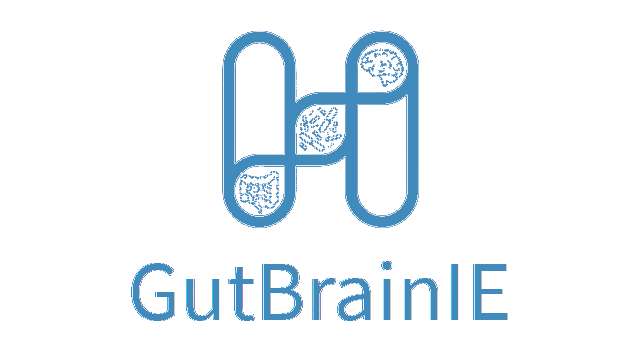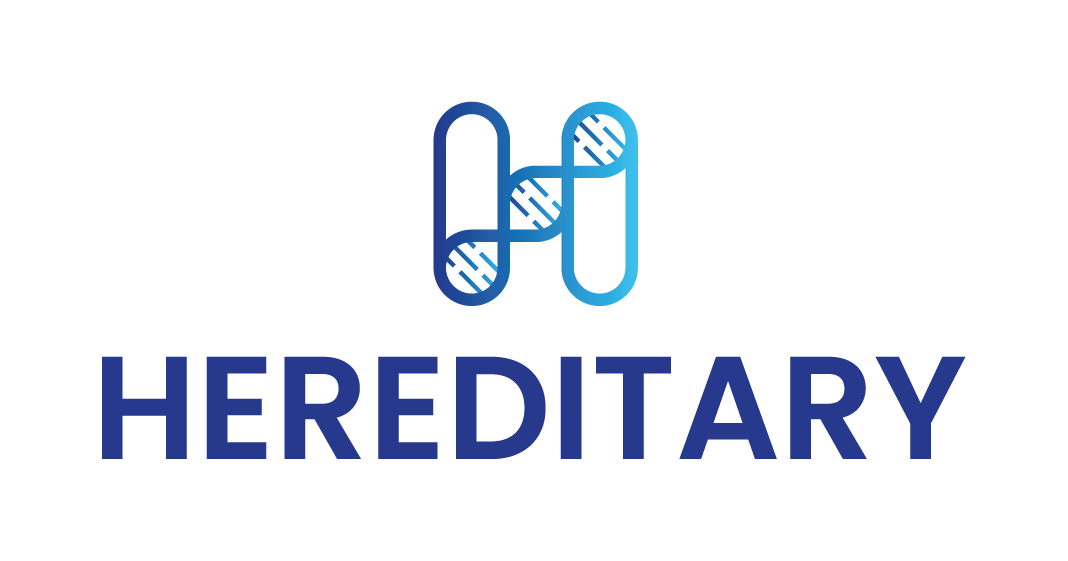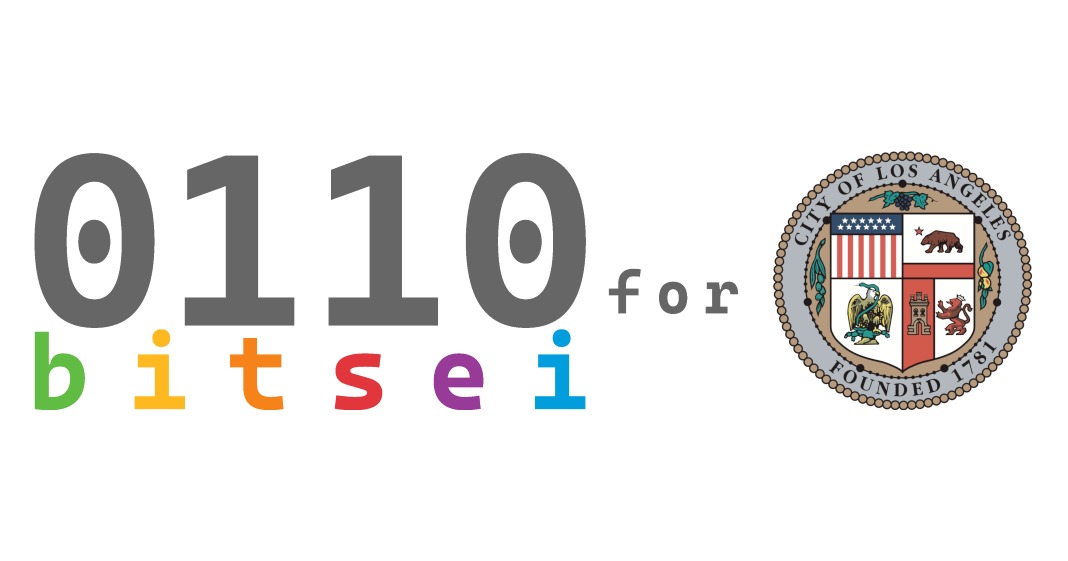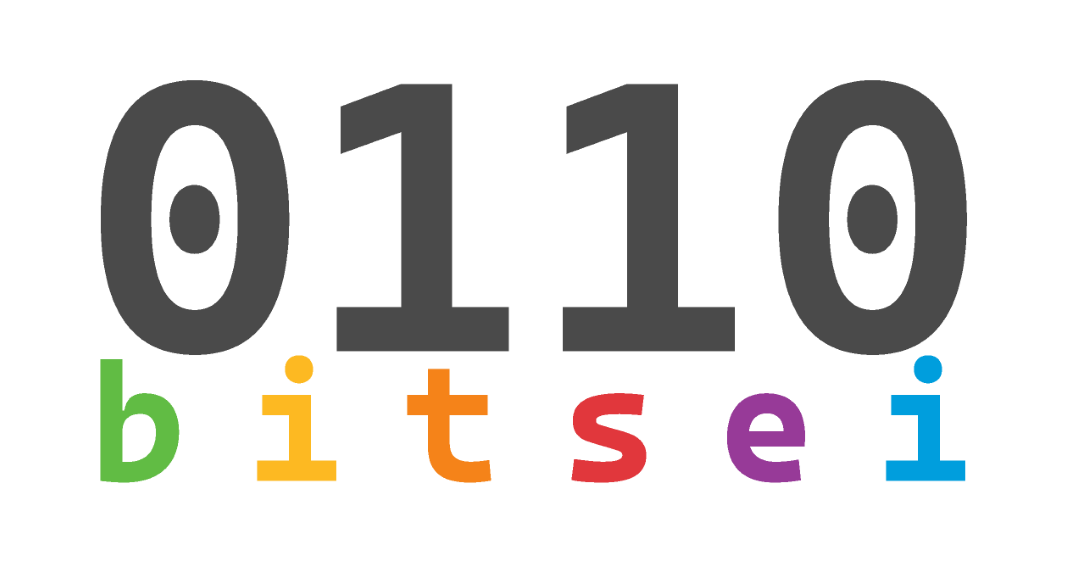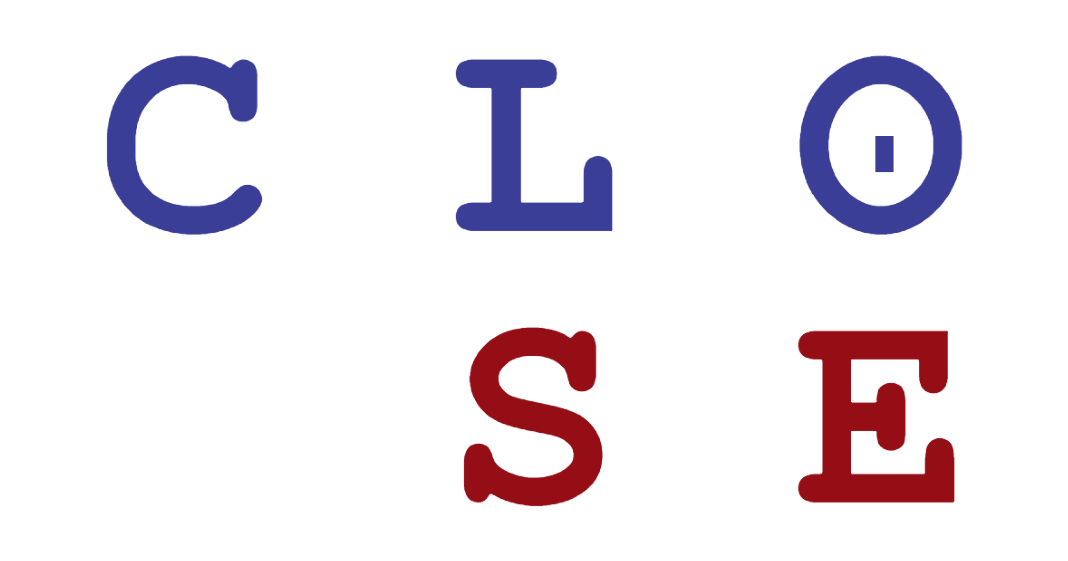Research Summary
My main research interests concern Natural Language Processing (NLP), Information Retrieval (IR), and Knowledge Base Construction (KBC).
My current main research line is Cross-Document Relation Extraction (CDRE).
I am part of the UNIPD research unit in the HEREDITARY H2020 EU project (more information below).
My main research contributions are within the fields of "Information Retrieval" and "Information Extraction".
Interests
- Natural Language Processing
- Information Retrieval
- Knowledge Base Construction
- Ontologies
- Data Models and Structures
Active Projects
-
GutBrainIE @ CLEF 2025 is the TASK #6 of the BioASQ CLEF Lab 2025, proposing a Natural Language Processing (NLP) challenge on biomedical texts within the context of the EU-supported project HEREDITARY.
Specifically, it is focused on extracting structured information from biomedical abstracts related to the gut microbiota and its connections with Parkinson's disease and mental health, aiming to foster the development of Information Extraction (IE) systems that can support experts in understanding the gut-brain interplay.The GutBrainIE task is divided into two main subtasks. In the first task, participants are asked to identify and classify specific text spans into predefined categories, while in the second one they have to determine if a particular relationship defined between two categories holds or not.
Role: Organizer
Website: https://hereditary.dei.unipd.it/challenges/gutbrainie/2025/ -
HEREDITARY aims to significantly transform the way we approach disease detection, prepare treatment response, and explore medical knowledge by building a robust, interoperable, trustworthy and secure framework that integrates multimodal health data (including genetic data) while ensuring compliance with cross-national privacy-preserving policies. The HEREDITARY framework comprises five interconnected layers, from federated data processing and semantic data integration to visual interaction.
By utilizing advanced federated analytics and learning workflows, we aim to identify new risk factors and treatment responses focusing, as exploratory use cases, on neurodegenerative and gut microbiome related disorders. HEREDITARY is harmonizing and linking various sources of clinical, genomic, and environmental data on a large scale. This enables clinicians, researchers, and policymakers to understand these diseases better and develop more effective treatment strategies. HEREDITARY adheres to the citizen science paradigm to ensure that patients and the public have a primary role in guiding scientific and medical research while maintaining full control of their data. Our goal is to change the way we approach healthcare by unlocking insights that were previously impossible to obtain.
Role: Participant
Project No: 101137074
Call: HORIZON-HLTH-2023-TOOL-05
Topic: Tools and technologies for a healthy society
Funding (UNIPD): 1.138.046€
Website: https://hereditary-project.eu/
Past Projects
-
Source Code: GitHub Repository.
Topic: Knowledge Base Construction
This project has been carried out for the course of "Graph Databases" of the Master Degree in Computer Engineering of the Department of Information Engineering, University of Padua. -
A web app designed to help companies and professionals to manage their business activities efficiently while being compliant with Italian regulations.
Source Code: GitHub Repository.
Topic: Web App Development.
This project has been carried out for the course of "Web Applications" of the Master Degree in Computer Engineering of the Department of Information Engineering, University of Padua. -
An information retrieval system that can effectively handle changes over time, specifically focusing on the temporal evolution of Web documents.
This system has been developed to participate in the LongEval Lab at CLEF 2023, Task 1: LongEval-Retrieval.
Source Code: GitHub Repository.
Paper: Click Here.
Topic: Information Retrieval.
This project has been carried out for the course of "Search Engines" of the Master Degree in Computer Engineering of the Department of Information Engineering, University of Padua.
